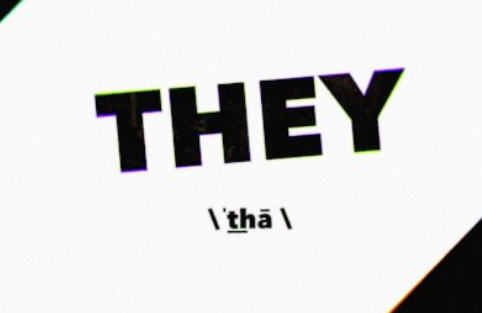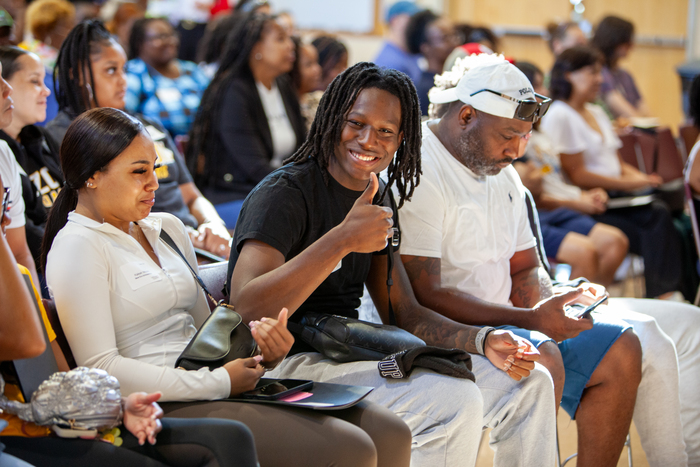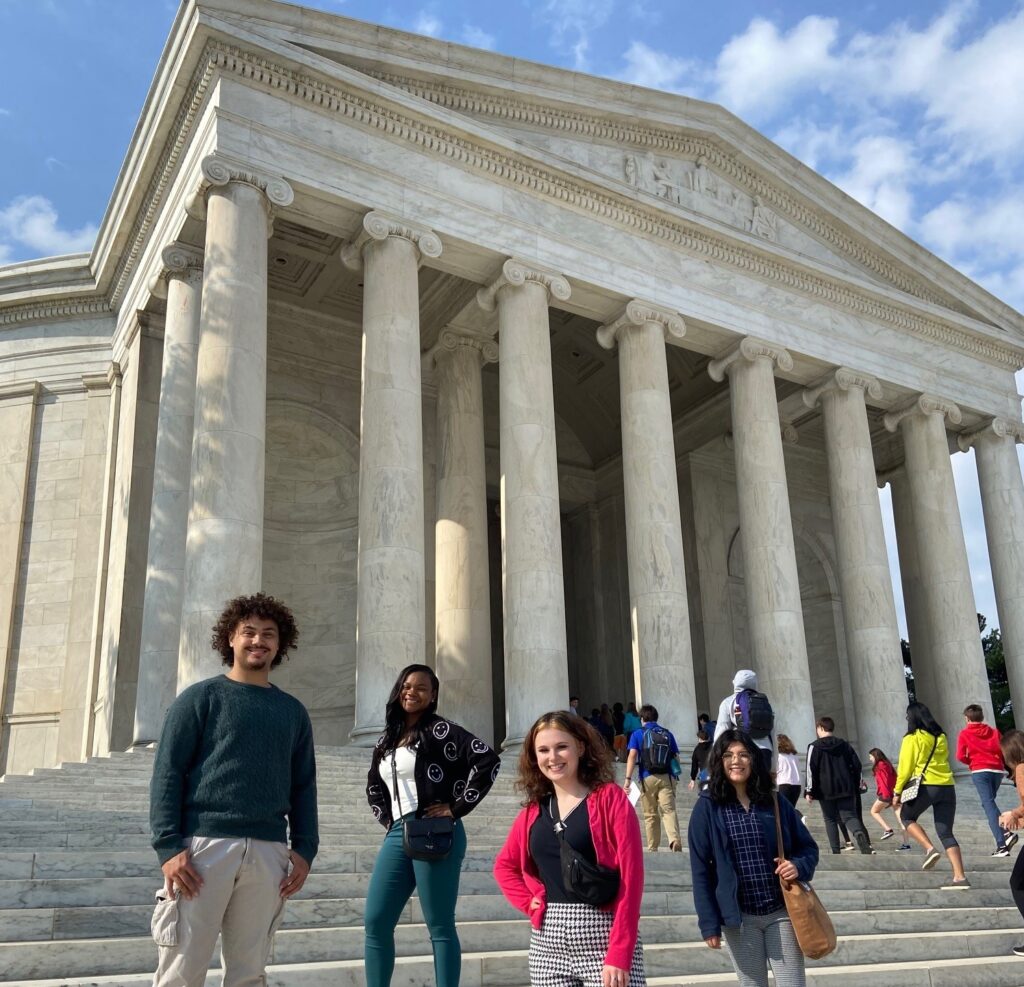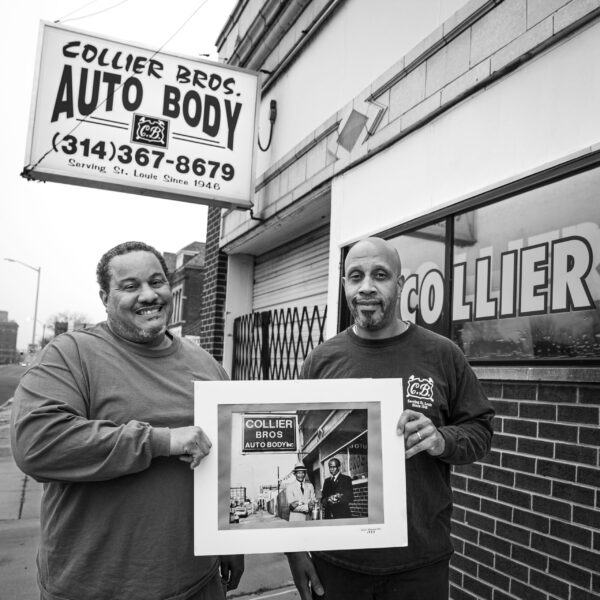 One of the benefits of working with students is that I cannot ever assume I know. I am reminded all the time of my many opportunities to learn.
One of the benefits of working with students is that I cannot ever assume I know. I am reminded all the time of my many opportunities to learn.
I’m not trying to compete with Time, the New York Times or the dictionary editors in this declaration, but this year has challenged me to learn to use a familiar word in a new way. I get so frustrated with my clumsy usage. I’m thankful for my friends and loved ones who have been more than patient with me, first at my woeful if not willful misgendering and then at my uncomfortable remorse.
It’s simple. Ask people who they are and believe what they tell you. They know. You do not, even and especially (it turns out) if you think you can SEE what you believe to be the obvious answer by their features, attire, or accessories.
“What is your pronoun?”
“Welcome to The Scholarship Foundation. Please introduce yourself by sharing your name, your title, and your pronouns.”
It’s not simple. Binary thinking (and seeing and enforcing) is deep in our brains and in our culture. Start now to think about all the ways we force gender sorting and you will likely not find an end to your list. Some applications of gender binary thinking are almost funny, and some are deadly. In between, every day, I am stumbling to unscramble my brain and rework the circuits to make room for a new way of understanding and speaking.
We’ve done this in binaries other than gender. We no longer think about the construct of race as a definitive black and white binary. We have made room for sexuality and marriage that pairs more than only man and woman. So, this year’s word, “they” (and related versions thereof) is a challenge to more than language; it is a call to respect, listen, and learn.
The truth is that this is not the first year I’ve been asked to listen and learn that people exist on a continuum. Rather, I am embarrassed to say, this is the first of the last several years in which I have paid enough attention to see my own blinders. Like many things in life, it took realizing that people I know and love are hurt every time they are called “he” or “she”, and especially after they’ve been brave enough to put “they” on their nametag or email signature block. It had to get personal before I knew the problem was mine.
If you are over 30 and reading this, please don’t take my word for it. Find your way through definitions and cognitive roadblocks like our board member Hardy Washington did. Hardy looked perplexed at a student meeting when asked for name and pronouns and said, “I don’t get it. What do you want to know?” Areli Reyes explained, “Some people don’t identify as male or female.” Hardy then smiled and said “I’m Hardy. My pronouns are he, him, his” and extended the same smile to each individual as they introduced themselves.
This year’s Word of Faith is THEY.
– Faith Sandler




